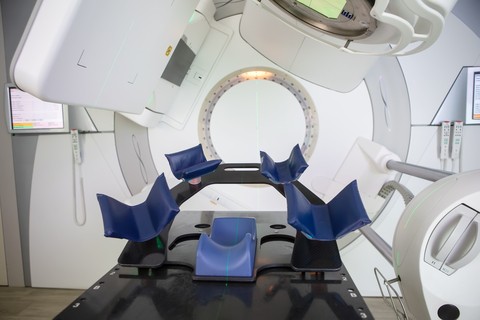Women with Mesothelioma Have Better Odds than Men
Women who are diagnosed with malignant pleural mesothelioma usually have better odds of survival than men. This was one of…
Latest developments and case studies on mesothelioma in Australia. imperative information your doctor may not be telling you. Click here to learn more!









